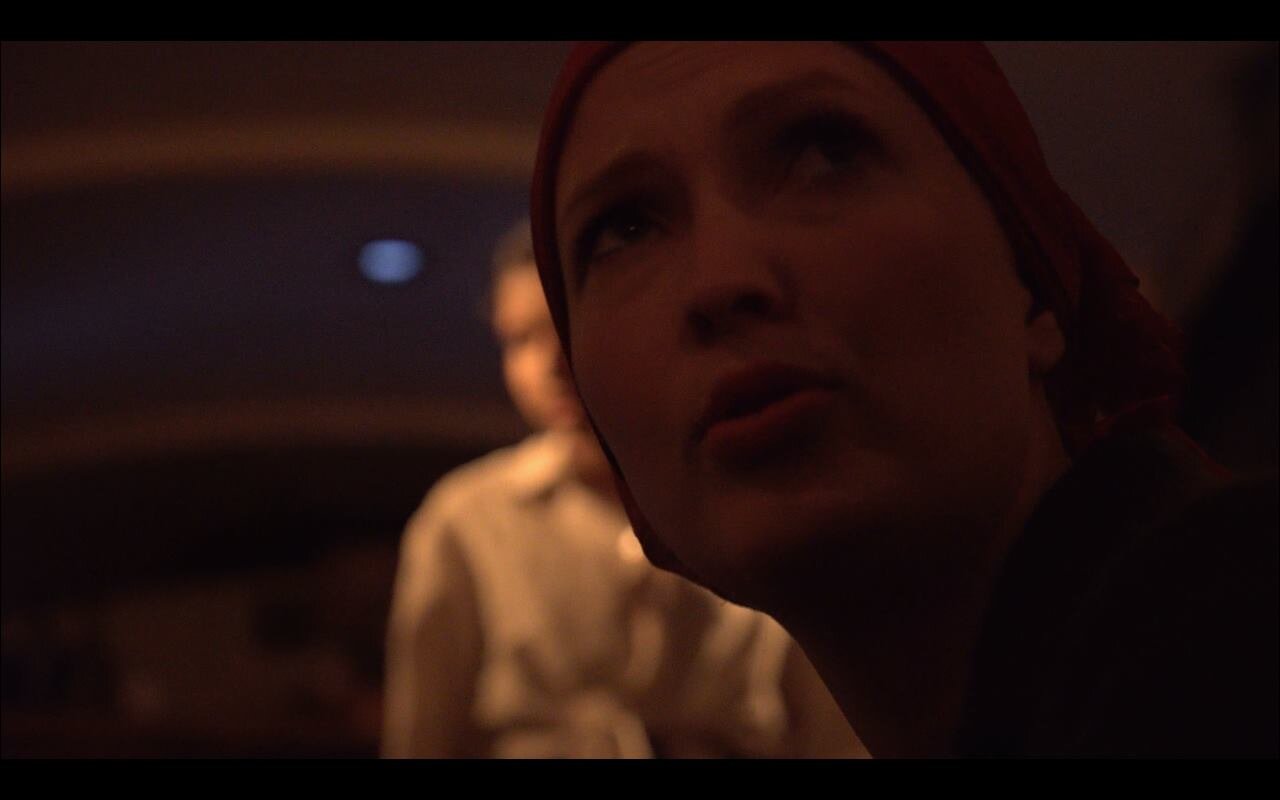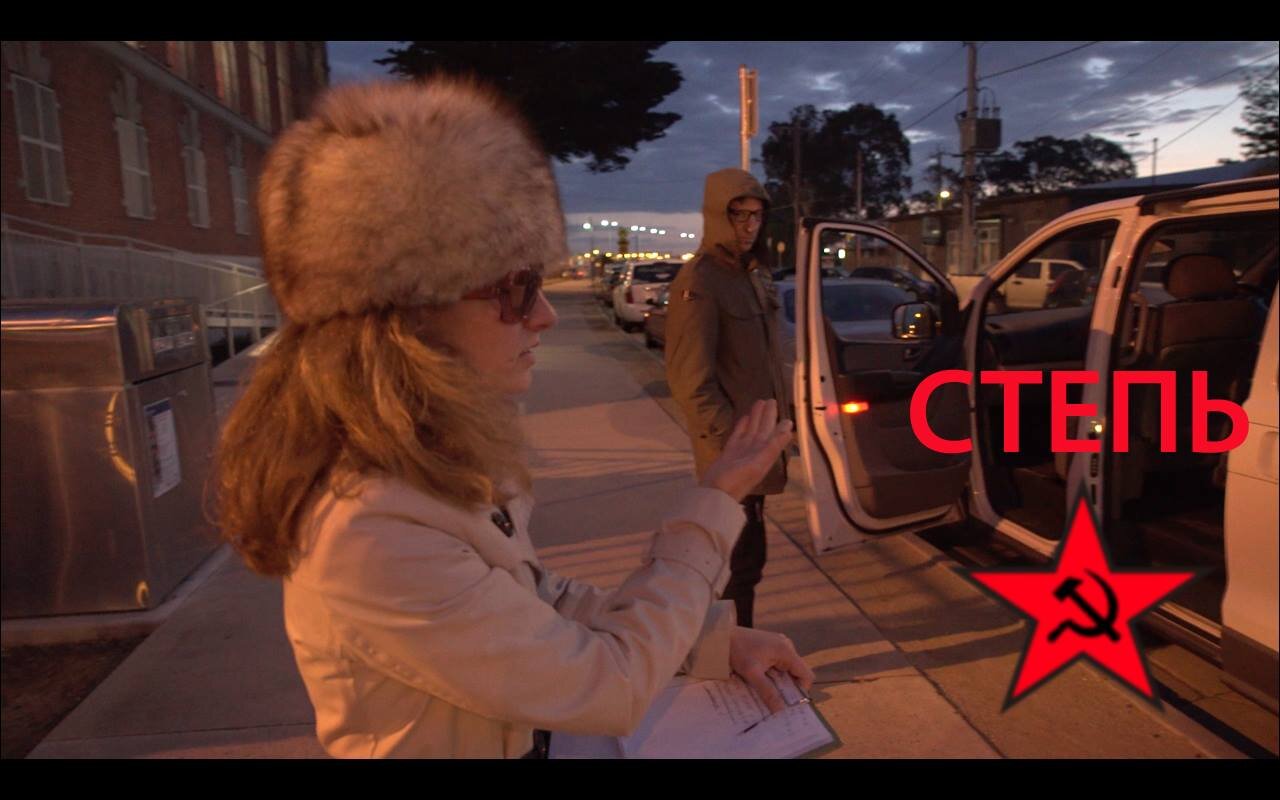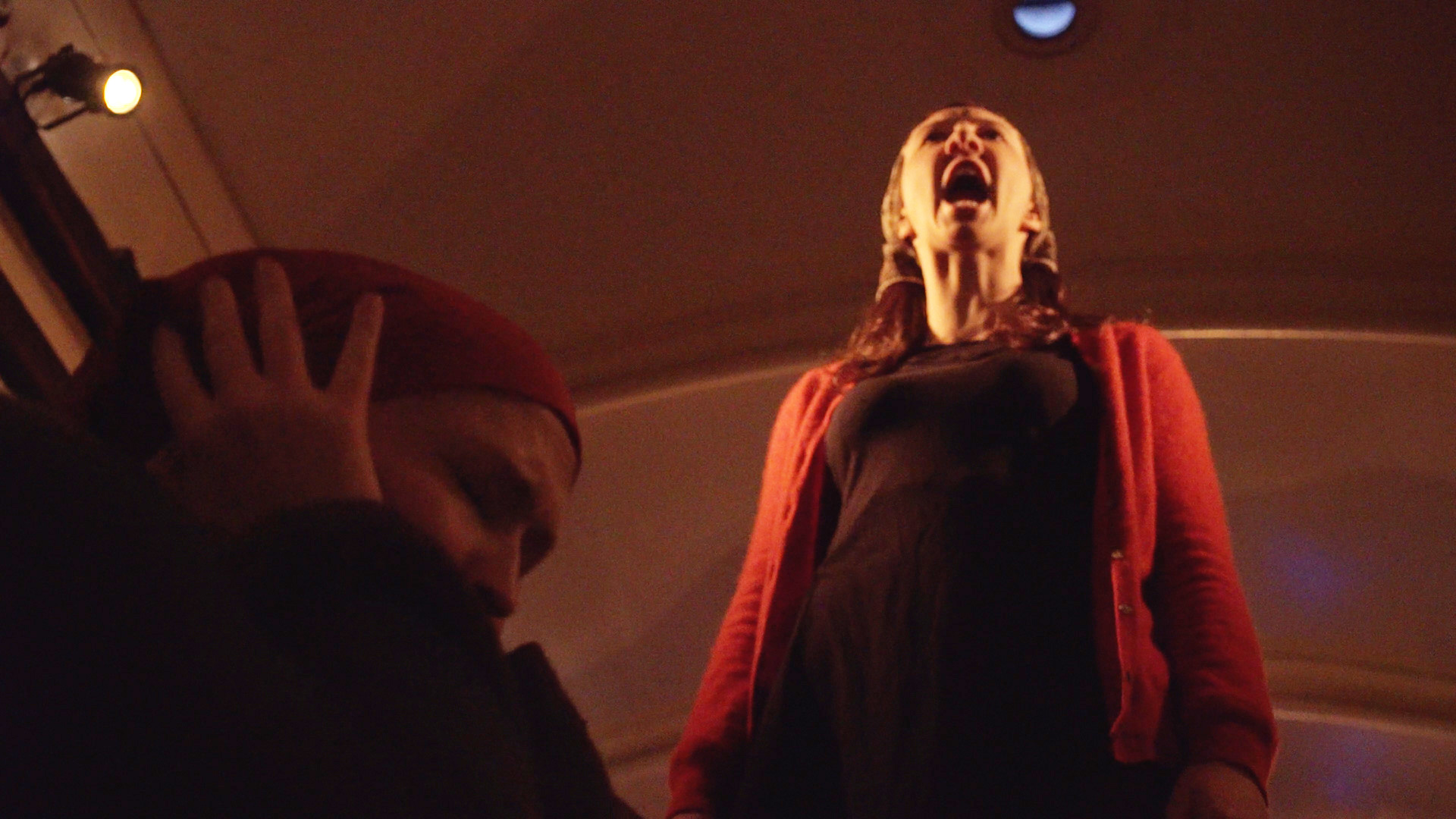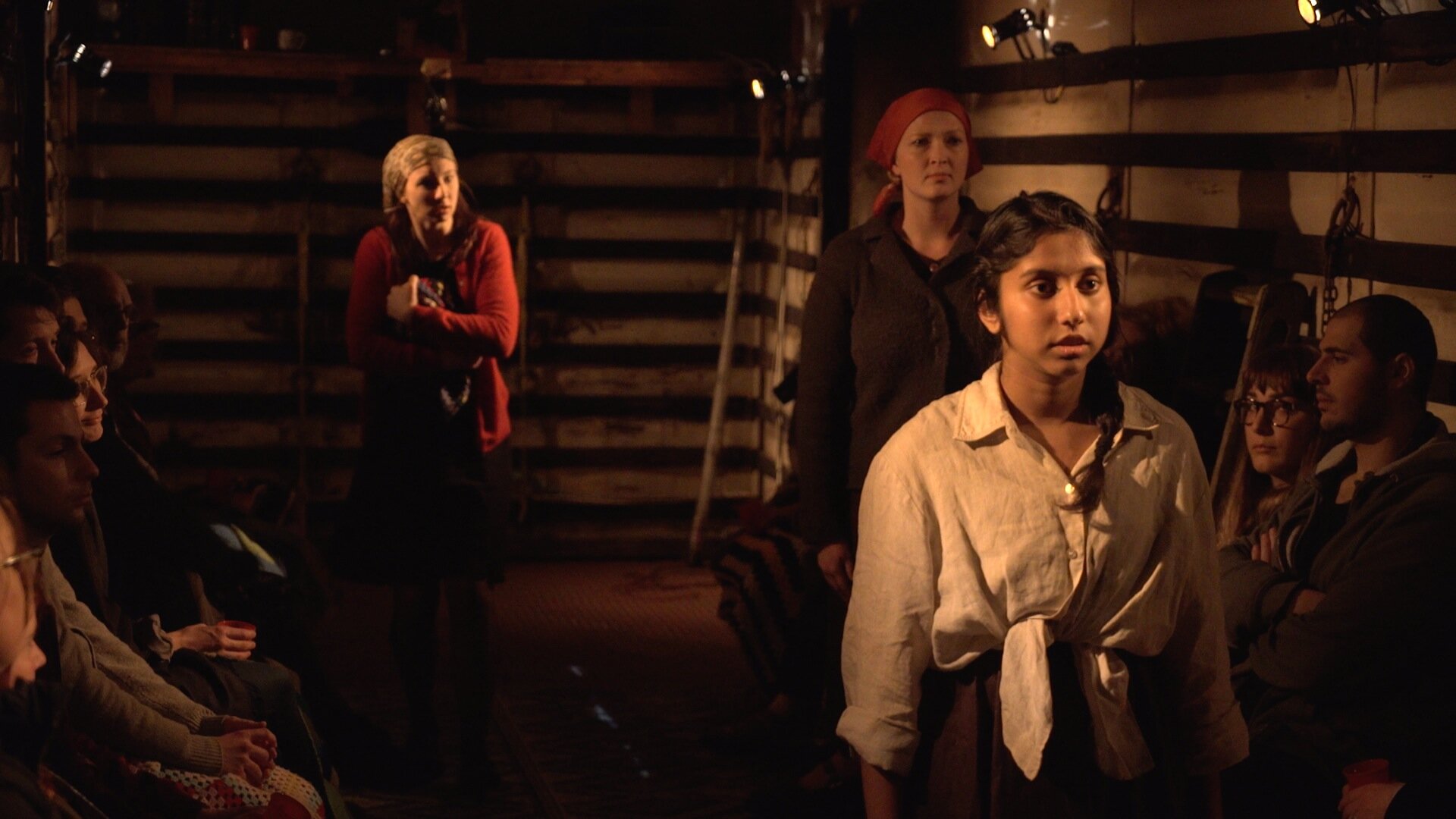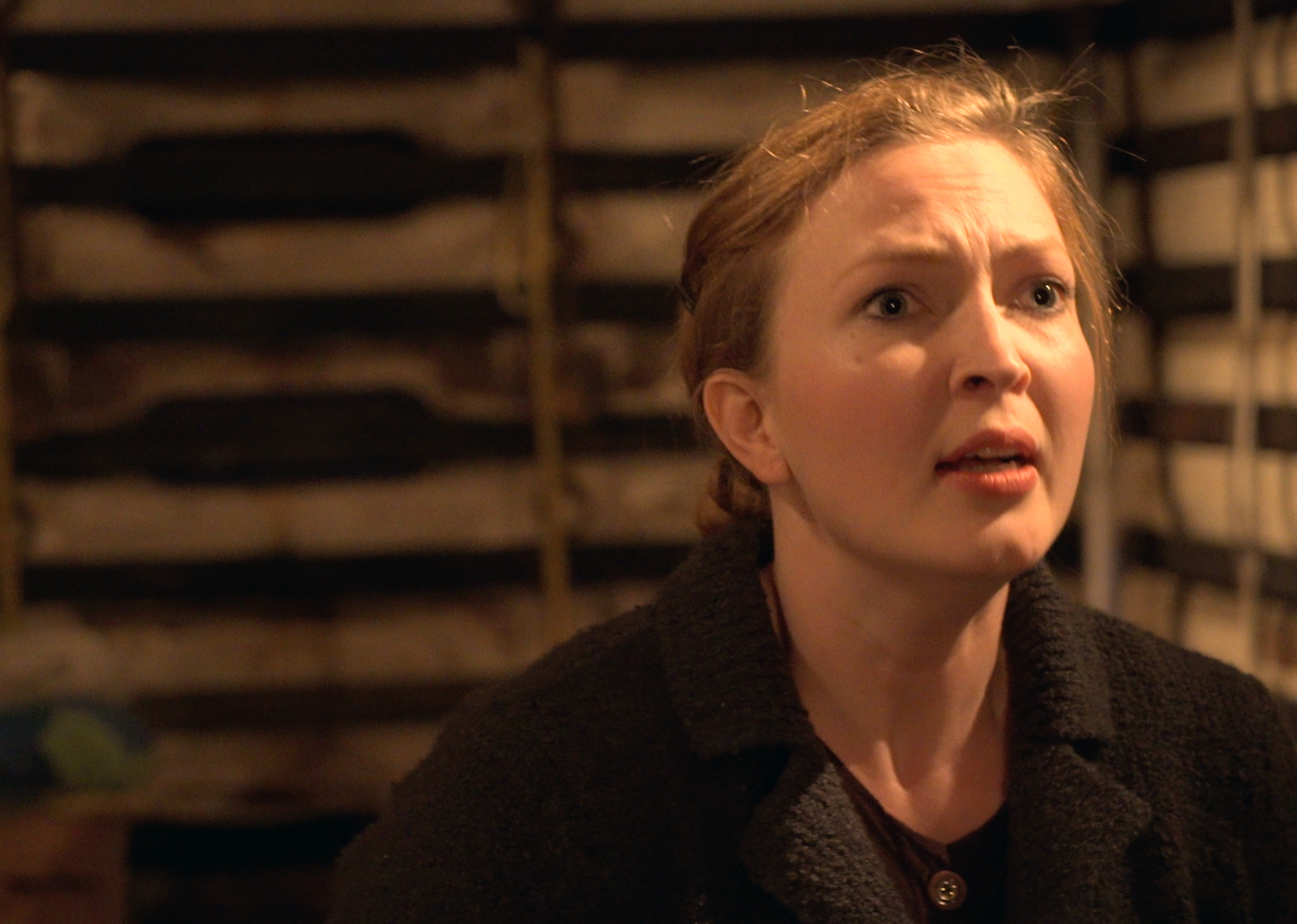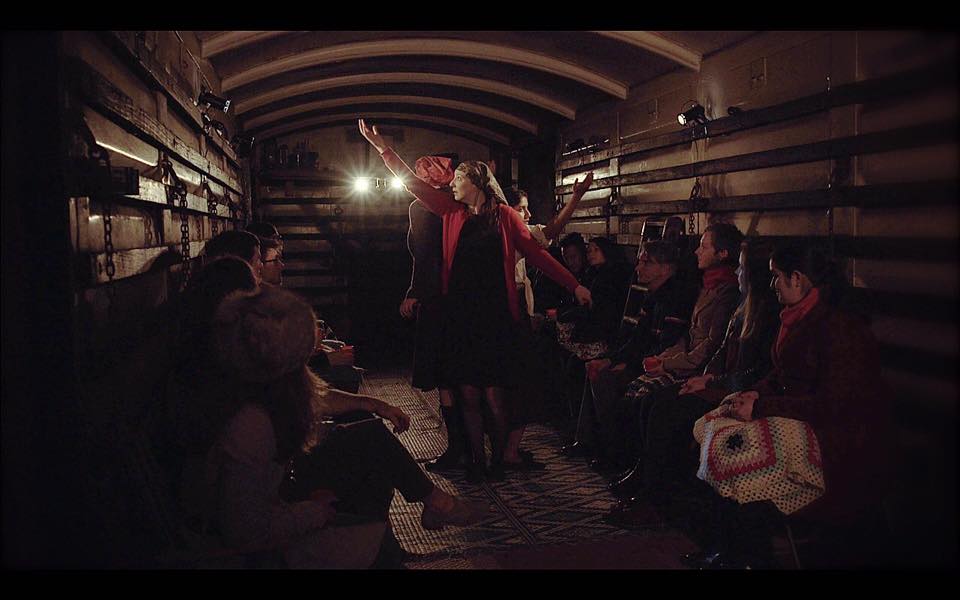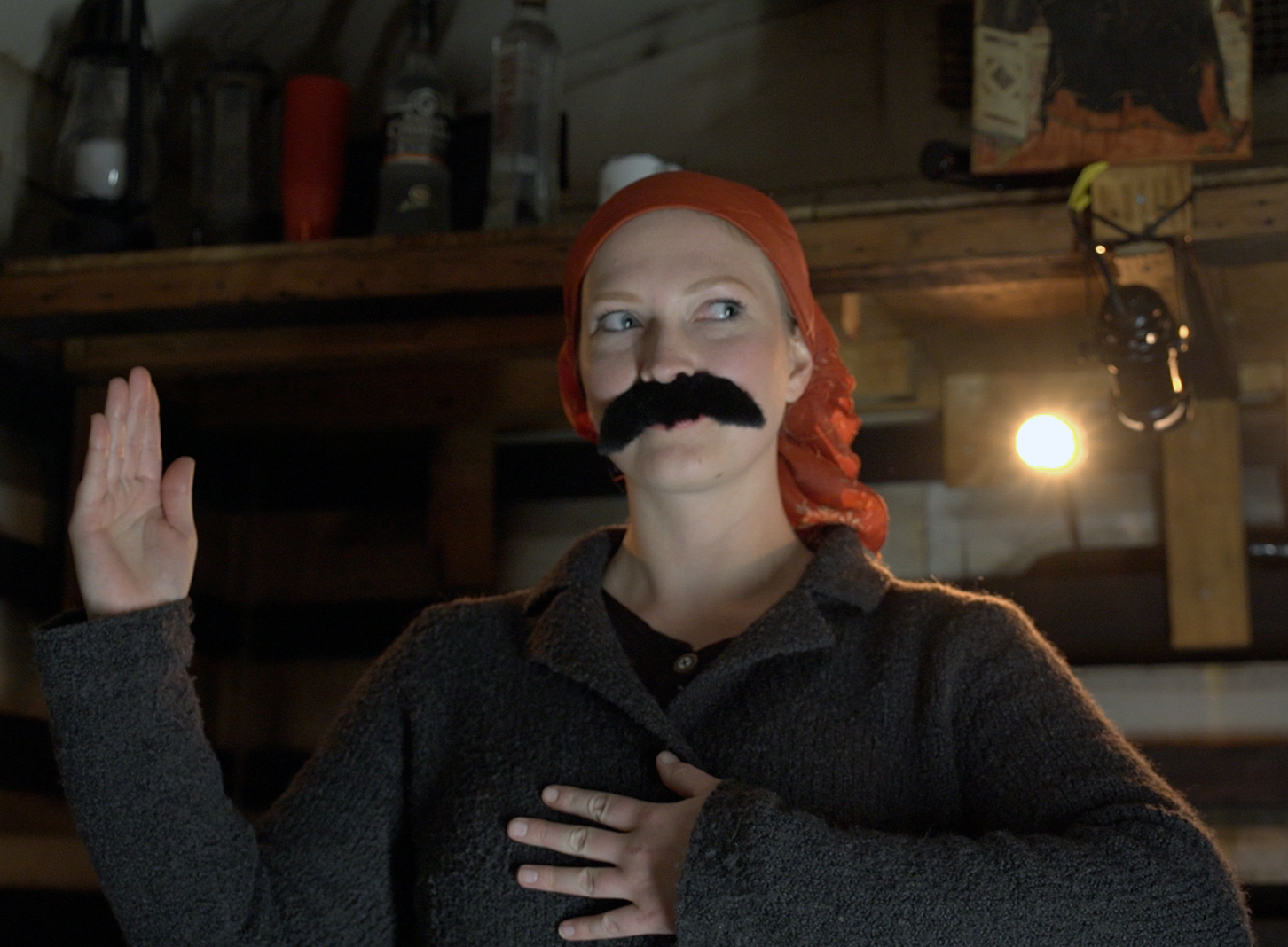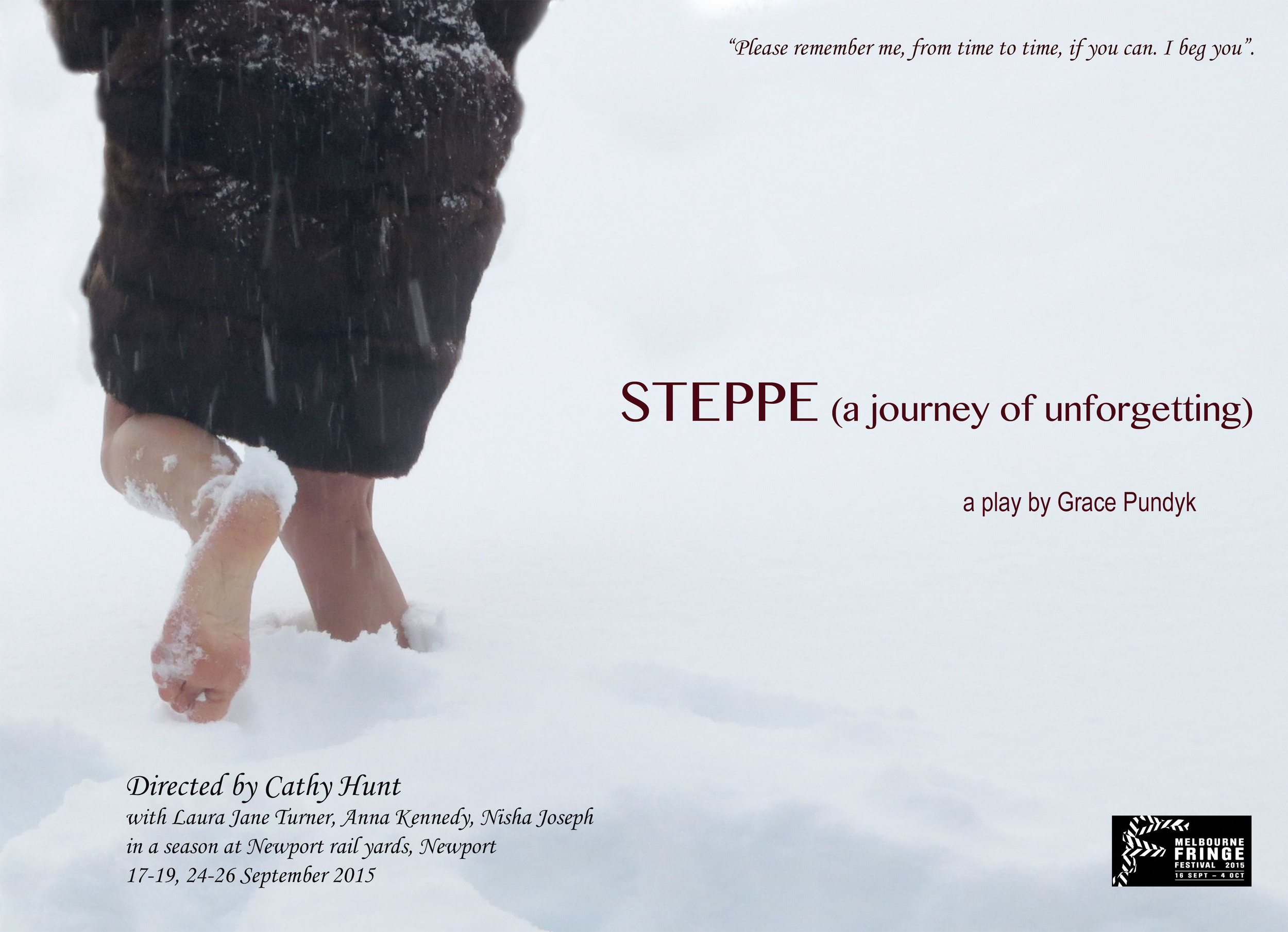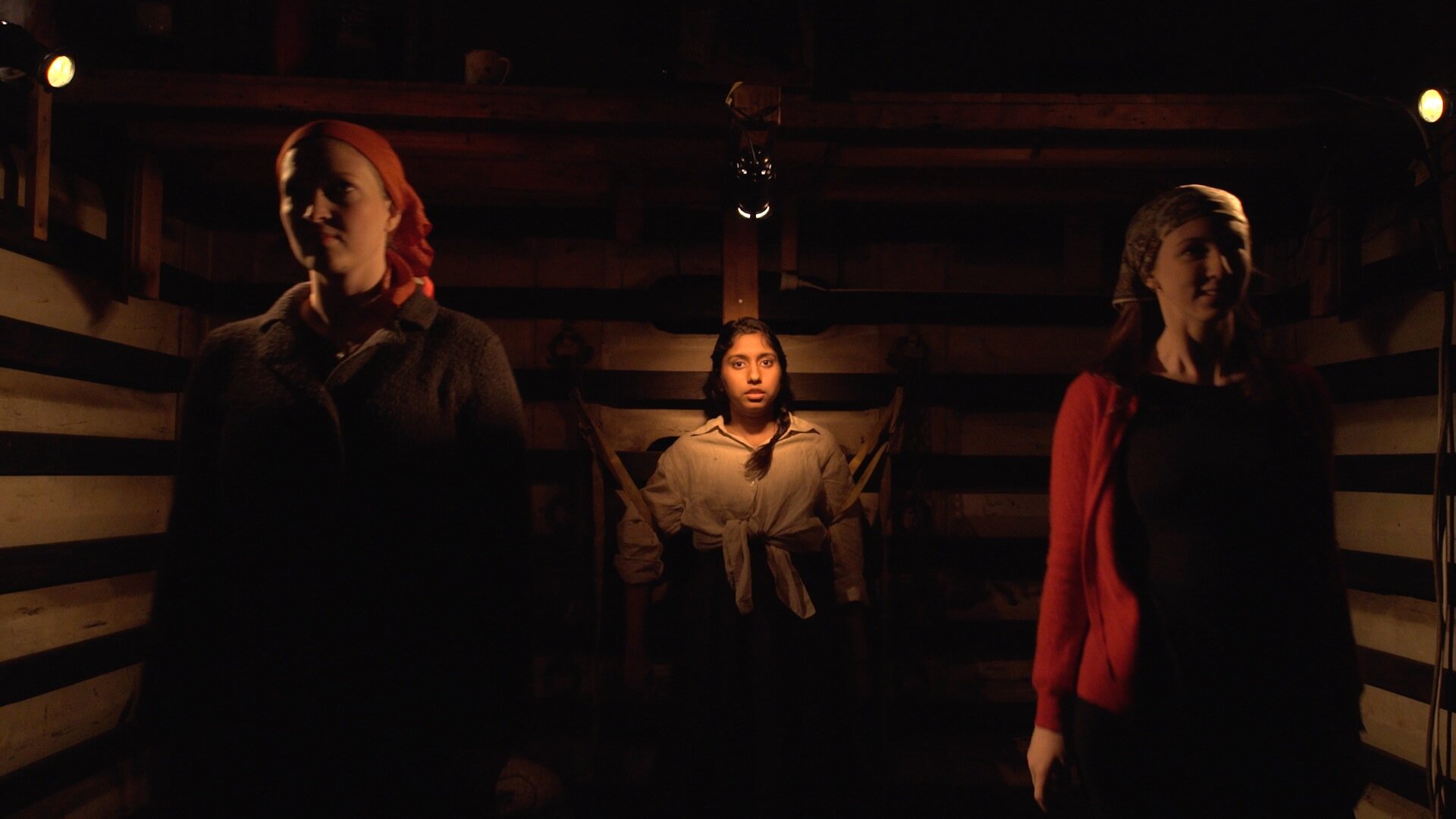
“An electrifying piece of immersive theatre, one of history and poetry, that haunts and lingers long after the performance has ended.”
“Pundyk’s glorious text is a ballet of words.”

Details
Steppe is published in English by AustralianPlays and has been translated into Polish and Spanish.
It was first performed at the Melbourne Fringe in 2015 and received a dramatic reading in Spanish at the 11th Women Playwrights International Conference in Santiago, Chile in October 2018. You can read an account of this experience in the State of Play essay series, published by AustralianPlays on International Womens Day 2019, or watch a short video of the reading below.
To purchase the script in English, click on the button. For Polish and Spanish translations, please enquire here.
Steppe was sparked by four letters found upon my Polish father’s death, letters which had remained hidden until then.
These found letters detail the events that led to my grandmother’s deportation and death in a Soviet work camp in Siberia in the 1940s. Zosia was just one of the hundreds of thousands of women forcibly transported from eastern Poland to Soviet Russia between 1940-41 after the Soviets had invaded and occupied this part of Poland. Accused of being ‘enemies of the state’ and ‘socially undesirable elements’, the only ‘crimes’ these wives, daughters, mothers, grandmothers had committed was to be Polish. And being Polish meant that you were a threat to the Soviet occupiers. Considering the hundreds of thousands who died, the millions who were displaced, and the countless others whose lives were and still are impacted by this long-silenced tragedy, the suppression of this particular historical event until recently is astounding.
Couched in layers of silencing – resulting from repression, fear, cultural mores, familial grief and the heaviness of time – the letters reveal very little about Zosia. What does come through clearly in her writing, though, is her desire and longing: for home, for family, for love, for food, for warmth, for what once was. In writing the play, I wanted to give voice to this longing – the script relies more on poetics and rhythm than anchored dialogue, and three women play one, allowing a multifaceted portrait of a woman desperate to survive.
“If there’s anyone to whom the old adage: ‘If you’re going to risk, risk big…’ were to be applied today, it is to the writer Grace Pundyk. For her harrowing first produced play, she hurls everything to the canvas - and it sticks beautifully.”
Short-listed for the 2016 Rodney Seaborn Playwrights Award.
Dramatic reading in Spanish at the Women Playwrights International Conference, Centro Cultural Gabriela Mistral (GAM) Santiago, Chile, October 2018
A snapshot of the Goodnight Sofie! production of Steppe, which premiered at Newport rail yards as part of the 2015 Melbourne Fringe Festival.
© All text and images copyright Grace Pundyk 2019
